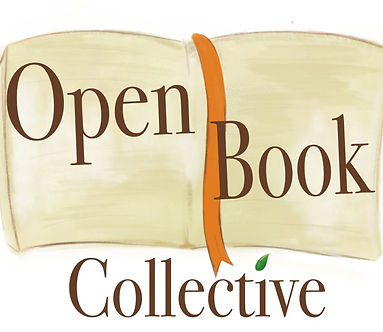Kelly Ann Cunningham, PhD
Open Book Collective is an organization for and by first-generation, low-income (FGLI) college students, that I started during my time as a Curb Center Public Scholar. The project's goal is to foster community and promote creativity among the FGLI community. Our name is inspired by our mission to create spaces where FGLI students can speak openly about their experiences and engage in dialogue about the challenges and insights they encounter, as well as join together to form a stronger community. In addition to providing resources for FGLI students, we also feature their stories by showcasing their creative work.
In the 2023-24 academic year, with continued support from the Curb Center at Vanderbilt as well as grants from Vanderbilt'e Graduate Leadership Institute and Alumni Association, we piloted a mentorship program. In our pilot, faculty, graduate students, and undergraduates are grouped into intergenerational "pods" and meet regularly as pods and as a full group. We also worked with the Heard Library to offer a Buchanan Fellowship for two undergraduate students, who compiled resources for the FGLI community and highlighted the experience of FGLI students by sharing their stories in a podcast.
Photos and other examples of Open Book Collective's initiatives can be found in the collections below or on our website.



